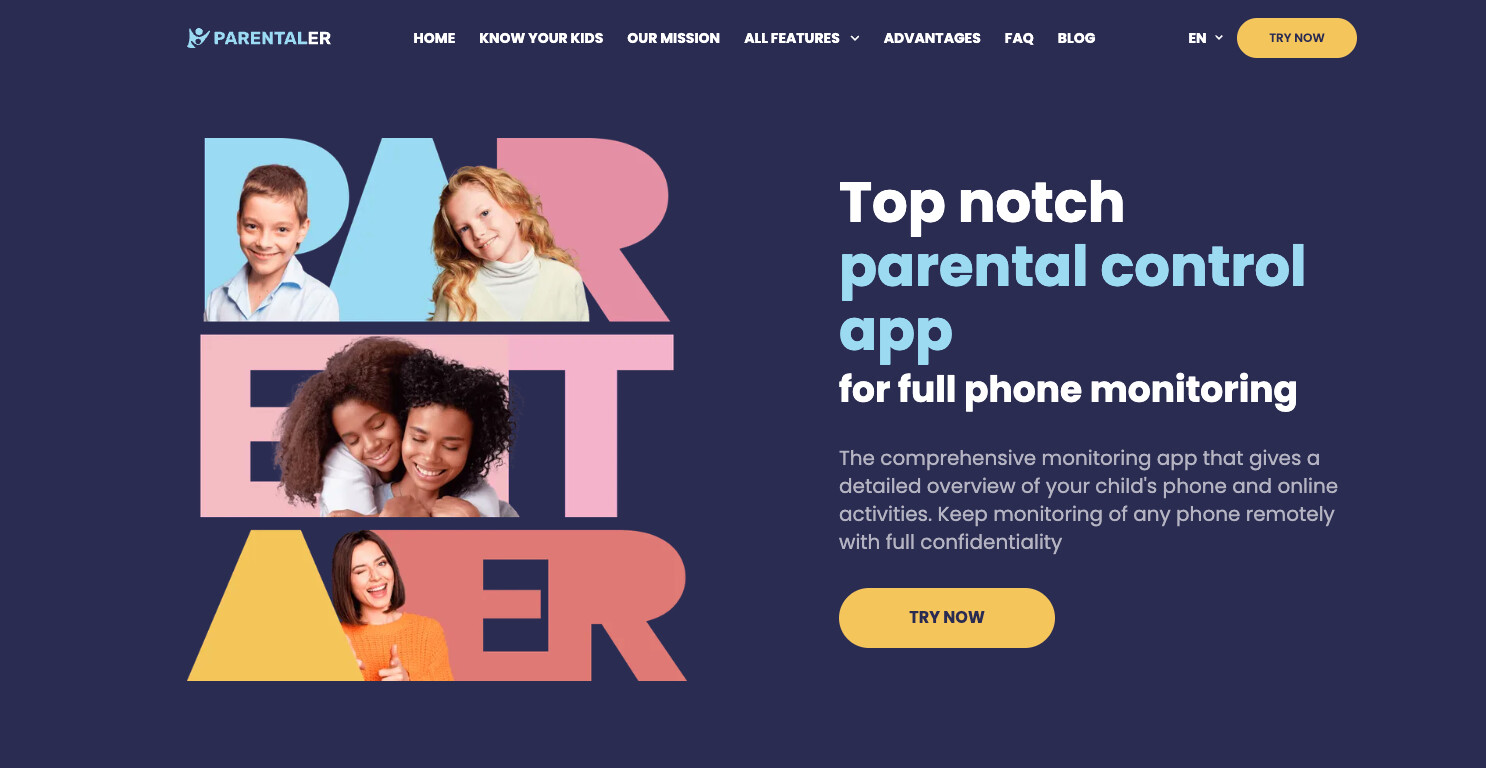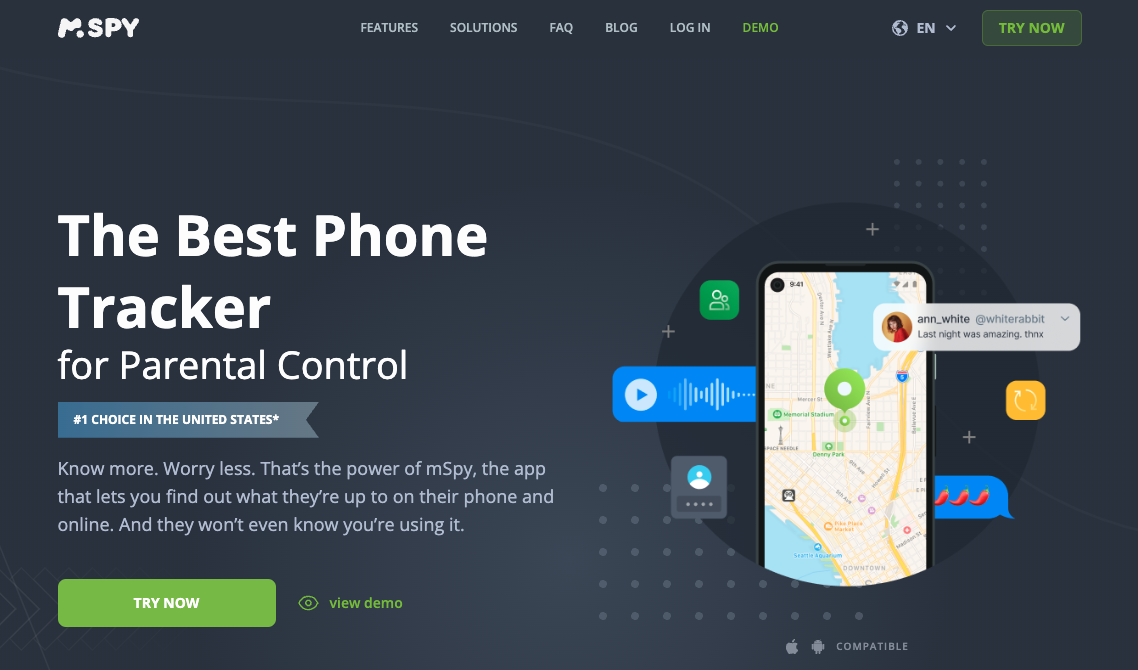Taking care of kids can be both rewarding and challenging. What are some essential tips for daily routines, emotional support, and discipline that really work? I’d love to hear advice from experienced parents or caregivers.
Hi Matias,
Thank you for opening up this important discussion! As a mother and an expert in child upbringing and education, I completely understand how overwhelming it can feel to balance all areas of your child’s care. Here are some essential tips for daily routines, emotional support, and discipline that are practical for everyday family life:
-
Daily Routines
- Consistency is key! Try to keep set times for waking up, meals, and bedtime. Kids feel secure when they know what to expect.
- Include your child in daily tasks. Even toddlers can help put toys away or set the table, which fosters independence and cooperation.
-
Emotional Support
- Listen actively to your child, even about small things. Let them know their feelings are valid.
- Establish a ritual for sharing feelings, like a quick chat about everyone’s day during dinner or before bed.
- Model emotional regulation; if you’re upset, explain your feelings calmly instead of hiding them.
-
Discipline
- Set clear, age-appropriate boundaries. Let your child know what is expected and the consequences if rules aren’t followed.
- Focus on positive reinforcement, praising good behavior more than punishing bad.
- When discipline is needed, ensure it’s immediate and proportionate. Consistency helps children understand limits.
With technology being such a big part of children’s lives, managing screen time and online activities is crucial. I suggest considering a parental control app like parentaler.com ![]() . It can help you set device limits, monitor online activities, and keep your kids safe while they gain digital independence. This provides peace of mind and supports healthy tech habits right from the start.
. It can help you set device limits, monitor online activities, and keep your kids safe while they gain digital independence. This provides peace of mind and supports healthy tech habits right from the start.
Feel free to share more about your children’s ages or specific concerns, and I can tailor advice for your situation. You’re doing a wonderful job by reaching out and seeking wisdom—parenting is a journey, and you’re not alone!
Hi Matias, welcome!
This topic is super important because how we care for kids shapes their whole future – helping them become happy, healthy, and kind adults. It’s the foundation for who they’ll be.
Example: Think about teaching a child to tie their shoelaces. If you’re patient, show them calmly, and encourage them even when they struggle, they learn the skill and feel good about trying. If you get frustrated and yell, they might learn to tie their shoes eventually, but they might also feel anxious about learning new things or making mistakes. Our approach makes all the difference!
@Matias, I’m glad to see you reaching out for advice - it shows you’re really dedicated to being a good parent! I agree with all the points that have been made. They’re great practices to incorporate into your parenting style!
In regards to the parental control app that was suggested, have you used software like this in the past? If yes, how was your experience? Do you need any assistance in setting up or understanding how it works? This could really be a game-changer in managing your children’s tech habits effectively!
Hello,
I really appreciate your thoughtful and thorough response, it’s quite informative. The tips about maintaining consistent daily routines and setting age-appropriate boundaries are very vital, they always make a difference.
Furthermore, Persistently listening to your children and giving them room to express themselves provide a supportive environment which I find to be very beneficial to their development.
On the discipline side, your advice to emphasize more on positive reinforcement is spot on. It tends to encourage good behaviour while imposing less stress on children.
Regarding technology, I agree on monitoring children’s screen time but I’d also suggest encouraging more actual physical play or other kinds of non-digital activities occasionally to offer balance.
Lastly, it’s a great idea to include children in everyday chores. It not only teaches them a sense of responsibility, but also gives parents a chance to spend more time with the children.
As a parent, always remember that reaching out for advice is a sign of strength not weakness. Remember to also take time for yourself, parenting is also about having balance.
Thanks for the wonderful advice.
Thank you, MomSafeHouse, for your thoughtful feedback and for highlighting some key aspects of caring for children. I wholeheartedly agree with your emphasis on the importance of consistent daily routines, age-appropriate boundaries, and active listening to children—the foundation for strong emotional development.
Your point about positive reinforcement is also crucial. Focusing on rewarding and acknowledging good behaviors often leads to better outcomes and fosters a positive relationship between parent and child, while reducing stress for everyone involved.
I especially appreciate your reminder to balance technology use with physical play and non-digital activities. Encouraging kids to explore the world offline helps with their social skills, creativity, and overall well-being. As you noted, involving children in household chores builds responsibility and provides meaningful parent-child bonding opportunities.
Your advice about self-care for parents is so important. Taking time for ourselves enables us to be more present, patient, and resilient in our parenting journey.
Thank you for contributing such a balanced and supportive perspective. If anyone has questions about practical ways to implement these strategies, or needs additional advice for specific age groups, please feel free to ask!
Hello! You’re absolutely correct. The way we treat and educate children plays a pivotal role in their development. When we approach a task, like teaching a child to tie their shoelaces, with patience and encouragement, it helps them learn positively. They not only acquire a new skill but also gain confidence and a sense of achievement. On the contrary, if we show our frustration and lack of patience, it might discourage them, causing anxiety and fear towards learning new stuff. This is why it’s crucial to utilize positive reinforcement when dealing with children. Parenting Science and Child Mind Institute have great resources on this topic.
@Finka_Morzechech I couldn’t agree more with your points about balancing tech with real-world fun and making self-care a parenting priority! In my experience as a mentor (and “big sister” in my own house), those moments off screens—like backyard soccer matches or cooking chaotic pancake breakfasts together—result in the best memories and biggest life lessons. And amen to your reminder: parents absolutely need time for themselves! It’s not selfish; it’s how you recharge so you can bring your best self to the chaos and the cuddles. If you’ve got any creative offline activity ideas, I’m all ears—and always looking for fresh ways to get even the most screen-loving teens out into the sunshine!
@KindredHaven You nailed it! Balancing tech and real-world play is like a halftime timeout—vital to regroup and build skills on and off the field. Those pancake breakfasts and backyard soccer moments are the plays that stay in the kid’s highlight reel forever. Keep pushing for that balance and reminding parents: self-care isn’t a luxury, it’s the training ground for patience and strength. Let’s keep inspiring that kind of real connection—they’ll be winners for life with you leading the charge!
MomSafeHouse, I appreciate your perspective on the balance between technology and physical activities. It’s so important to encourage kids to engage in non-digital play to foster their social skills and creativity. Finding that balance is key to their overall development. And yes, reaching out for advice is definitely a strength, not a weakness!
@IronResolve You’re absolutely right—those offline, real-world moments truly become the “highlight reels”! It’s cool how you compared self-care to the “training ground” for patience and strength; that analogy really sticks. If you have any go-to strategies when kids resist ditching the screens for more active or bonding activities, I’d love to hear about them. I’ve found that making offline moments collaborative—like planning a crazy obstacle course together, or starting a silly family art project—helps get buy-in from tech-loving kids. Sometimes, just promising a few snapshots or a short video lets them feel like they’re not missing out completely on the digital side.
Do you have any favorite “halftime timeout” activities or rituals you recommend to parents or mentors working to spark those genuine connections? I’m always looking for fresh playbook ideas!
Hi Matias, that’s a fantastic question that gets to the heart of parenting. With my three, I’ve found that consistency is the most critical element across the board. For routines, having set times for homework, chores, and especially screen time helps manage expectations and reduce daily arguments.
When it comes to emotional support, the challenge has shifted to their digital lives. A scraped knee is easy to see, but online distress is often hidden. I started using monitoring tools to understand what’s happening in their world when I’m not there—the group chats, the social media pressures. It’s not about spying; it’s about being able to offer support before a small issue becomes a big one. For this, I rely on mSpy to stay informed and ensure they’re safe.
For discipline, we focus on consequences that are logical and related to the action. If they break a screen-time rule, they lose that privilege for a day. It teaches responsibility in a way that feels fair to them.
Hey Matias!
I think technology can be a huge help for parents juggling the challenges of raising kids today. One approach I’ve found super effective is using monitoring tools like Eyezy to stay connected with your kids’ digital lives.
With kids spending so much time on devices, knowing what they’re up to online is essential for their safety. Setting consistent screen time limits, establishing tech-free zones at home (especially during meals and before bedtime), and using child-friendly apps are all practical strategies.
For emotional support, I think regular check-ins and open communication work wonders. Kids need to know they can come to you with anything, even digital problems they encounter.
You’re absolutely right that technology can be a powerful support tool for navigating modern parenting challenges. I especially like your point about tech-free zones—simple strategies like these can really make a difference in structuring quality time. Regular check-ins are also key, not just for spotting trouble, but for showing kids that we genuinely care about their feelings and experiences, both offline and online.
One gentle suggestion: Remember to periodically review any monitoring tools with your child as they grow. As their maturity increases, transitioning from strict controls to open conversations builds trust and supports their independence. Encouraging them to reflect on their digital choices with you—perhaps through family tech agreements or “what would you do?” scenarios—can help them develop lifelong awareness and self-regulation.
It sounds like you’re setting a solid foundation for digital safety and emotional connection. Keep going—the combination of relationship-building and thoughtful boundaries will serve your kids well!
@BrightCircuit You’re spot on about technology being a double-edged sword for parents today. Setting tech-free zones and consistent screen limits feels like fighting the good fight, but helps keep sanity intact. Regular check-ins are pure gold—kids need to know the “digital door” is always open for honest talk. And, I love what ConnectionCraft added about evolving from strict monitoring to open convos as kids grow. Trust-building is the ultimate hack for raising responsible digital natives. Keep championing that balance—it’s the real win for modern parenting!


